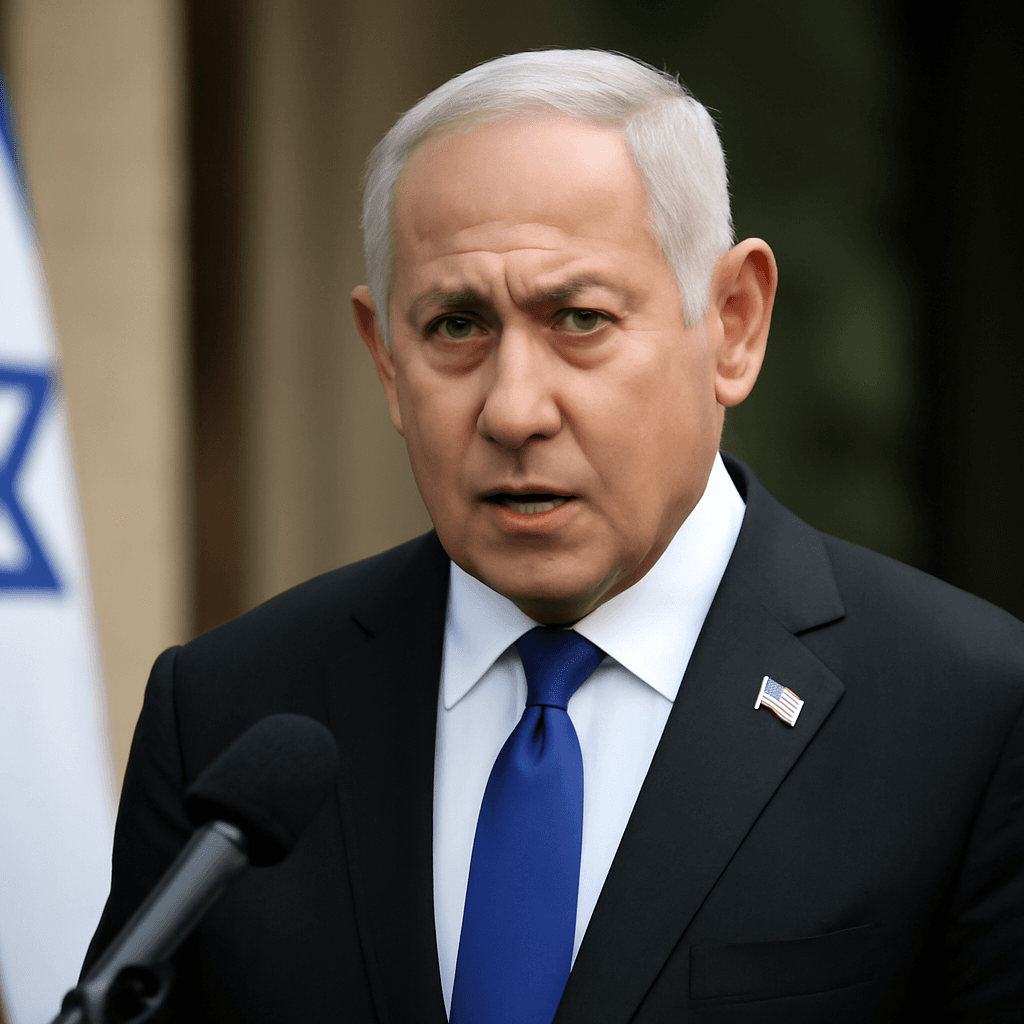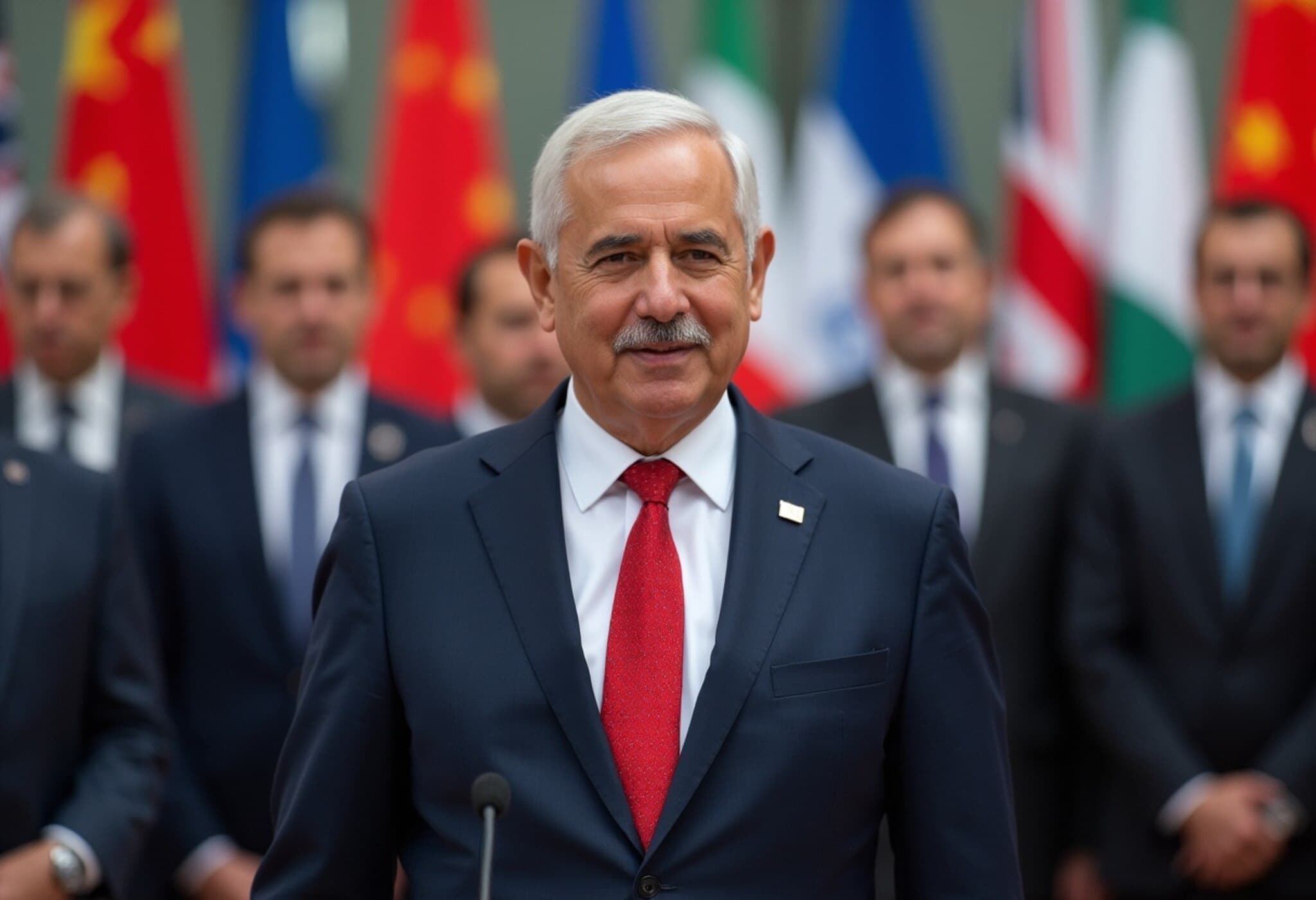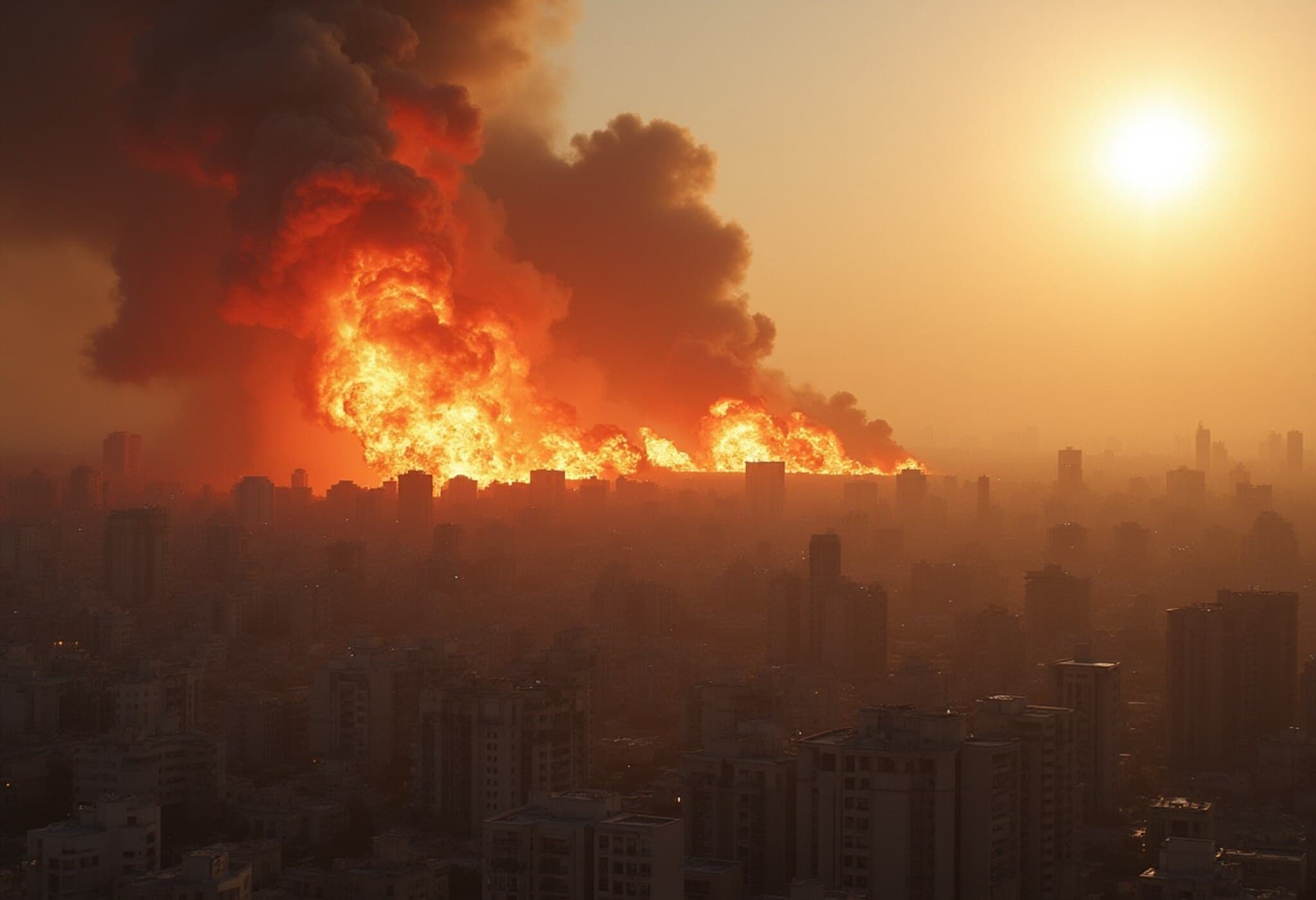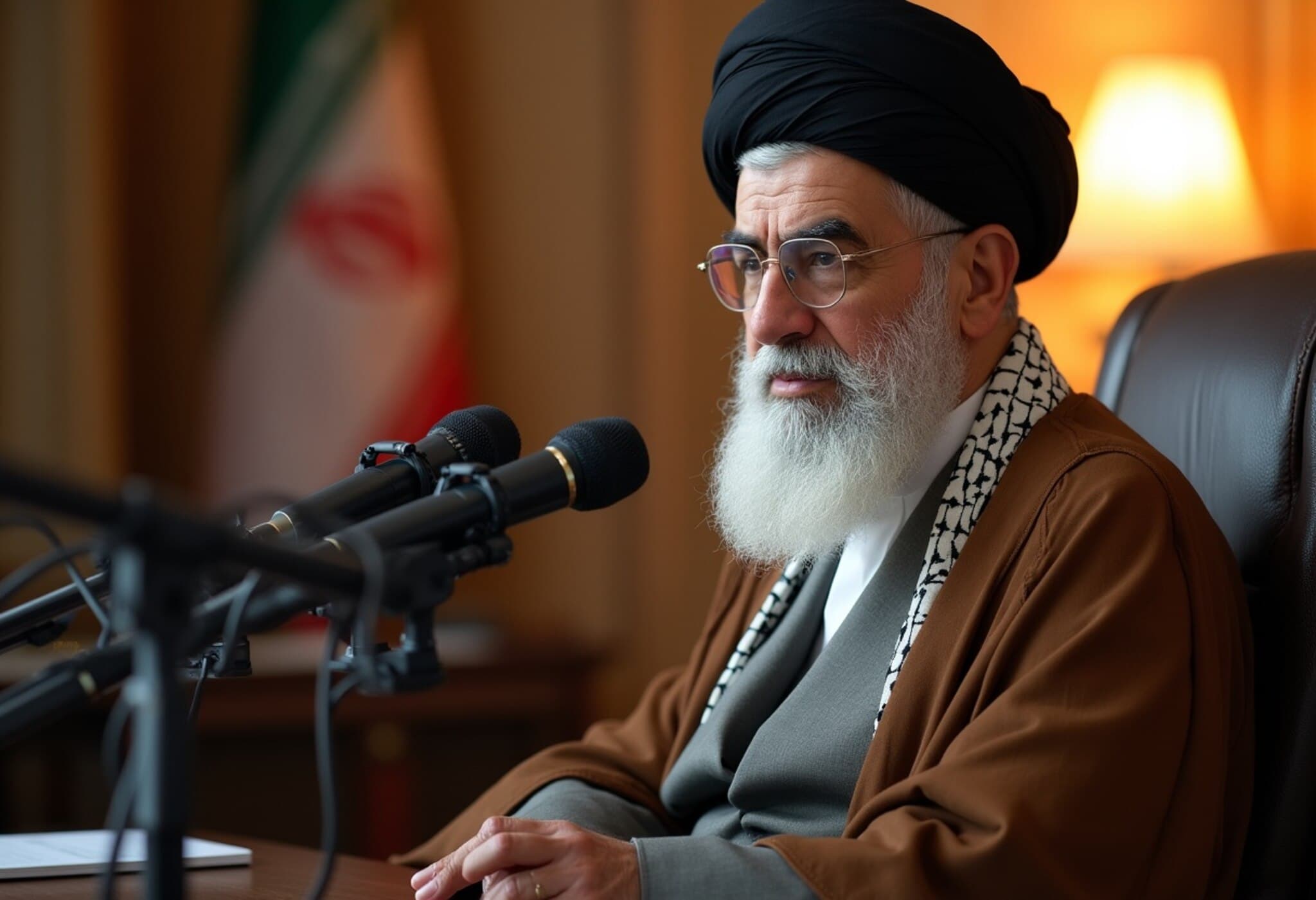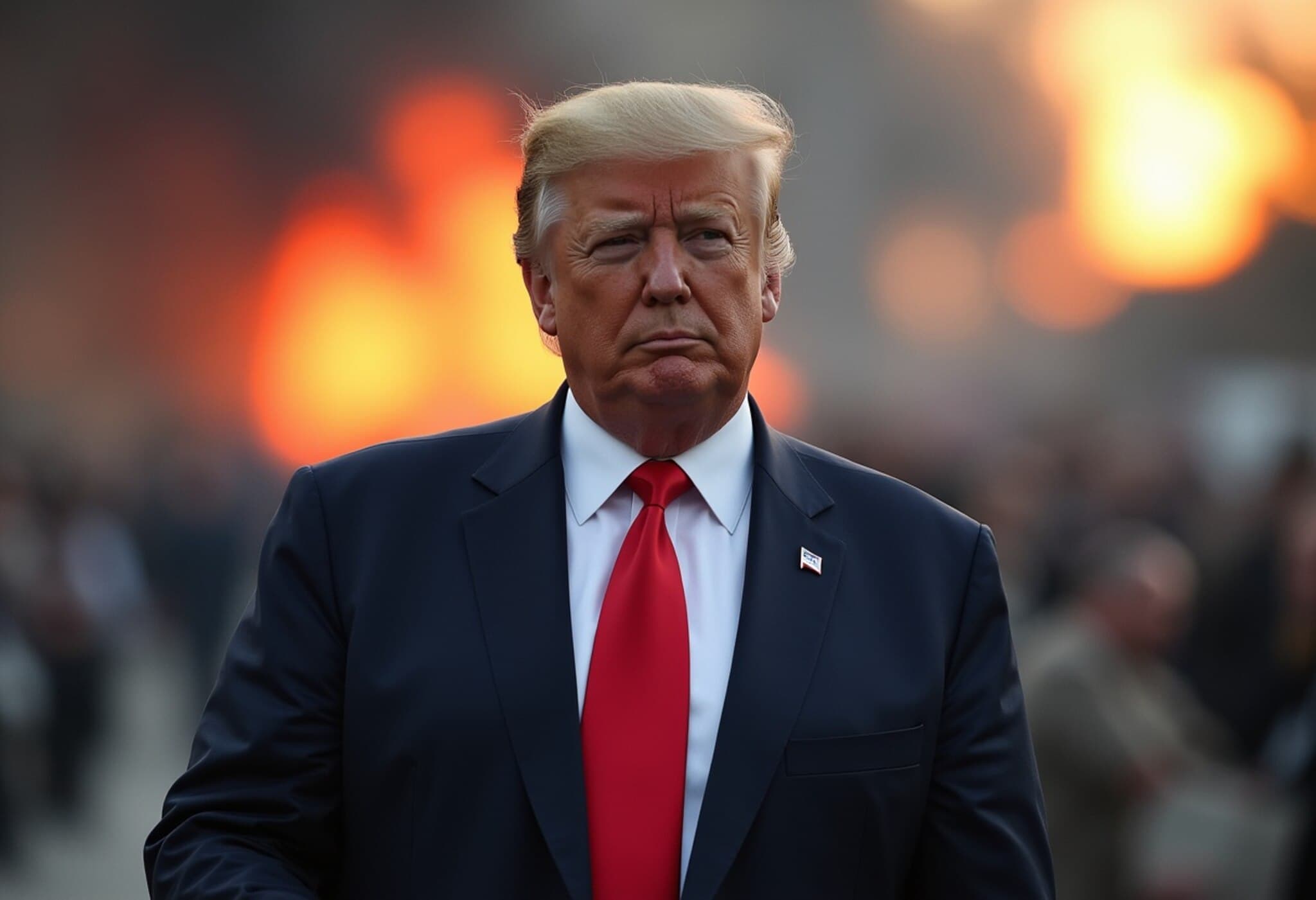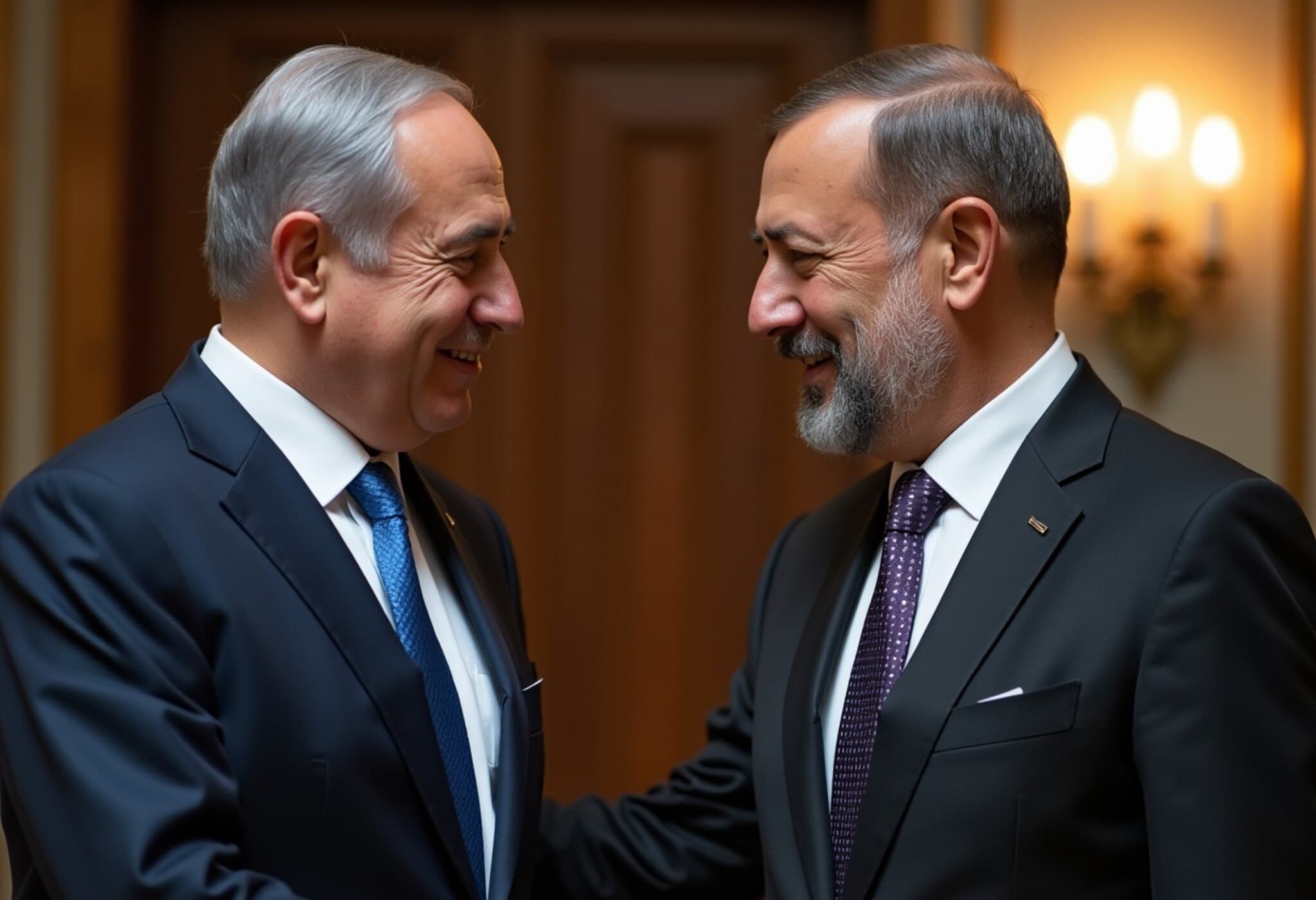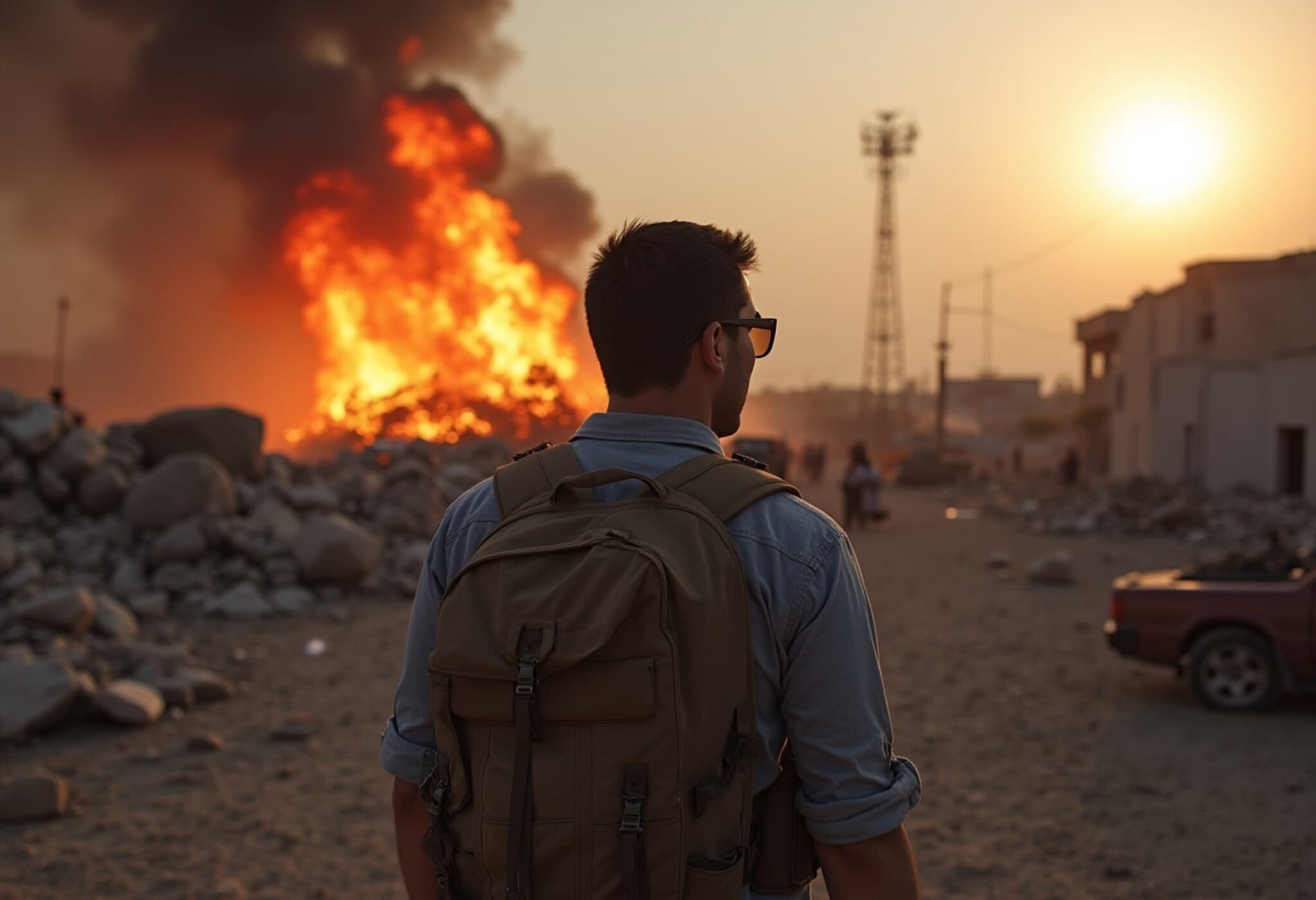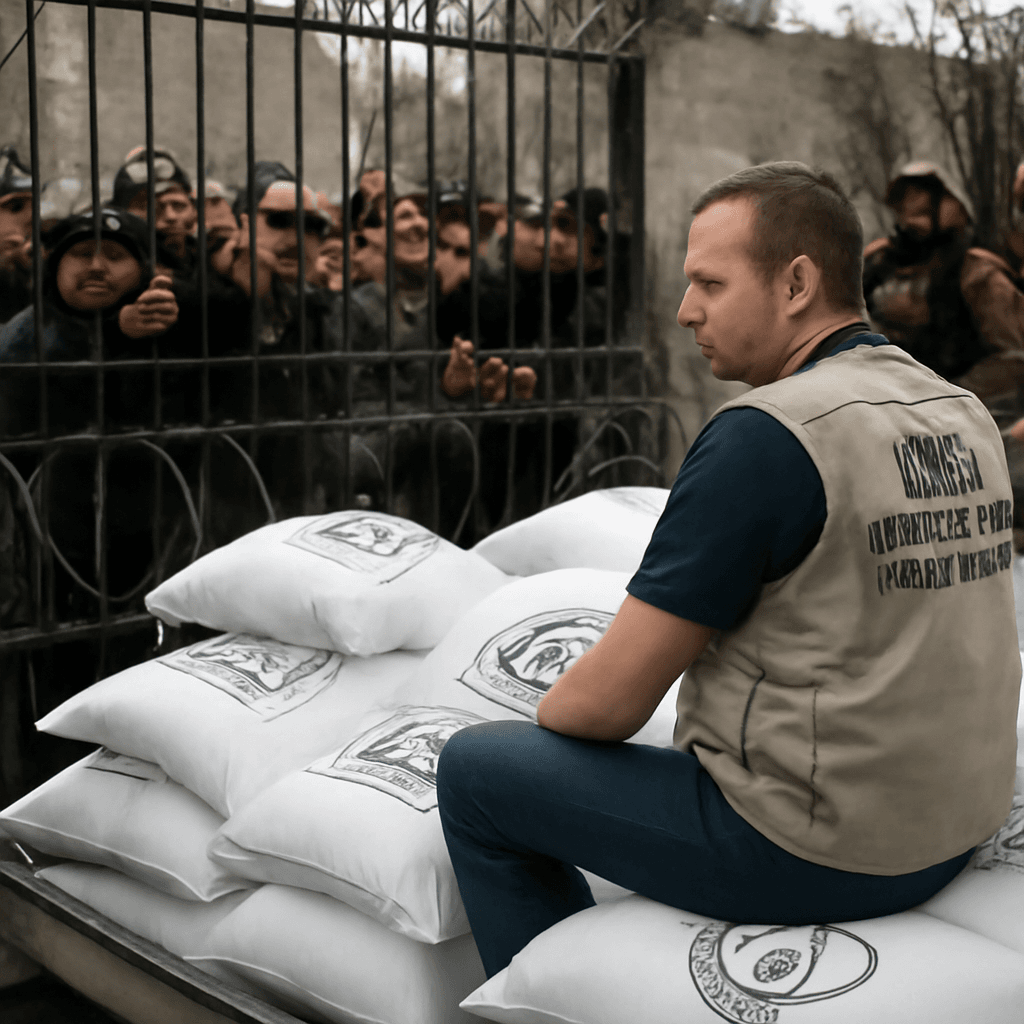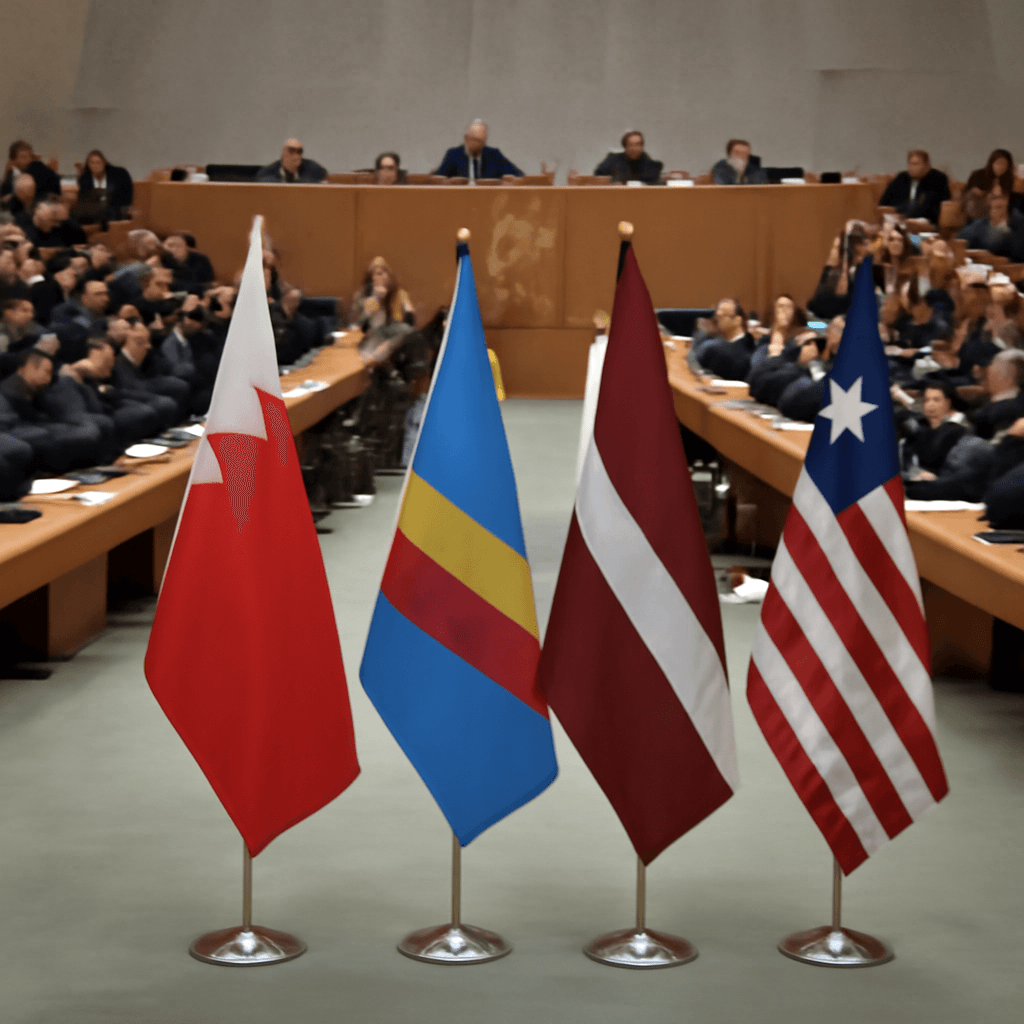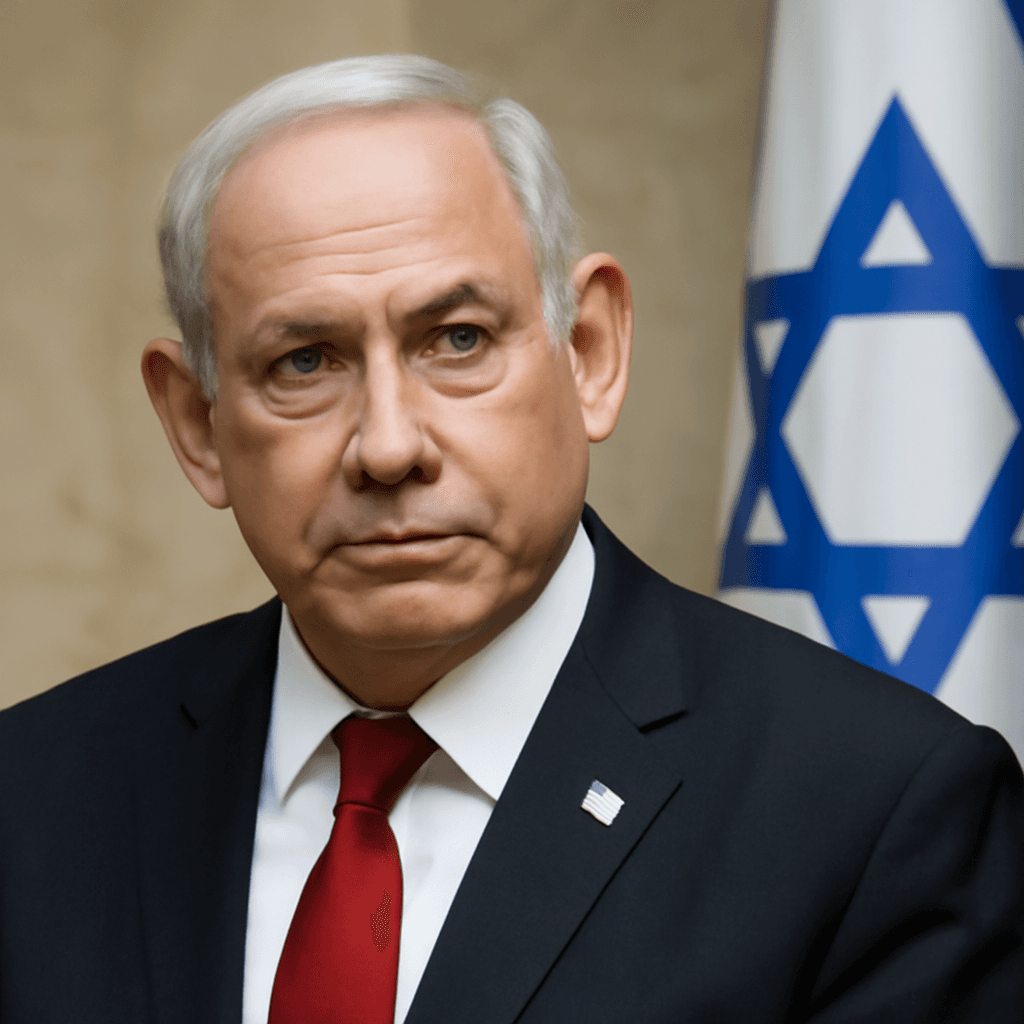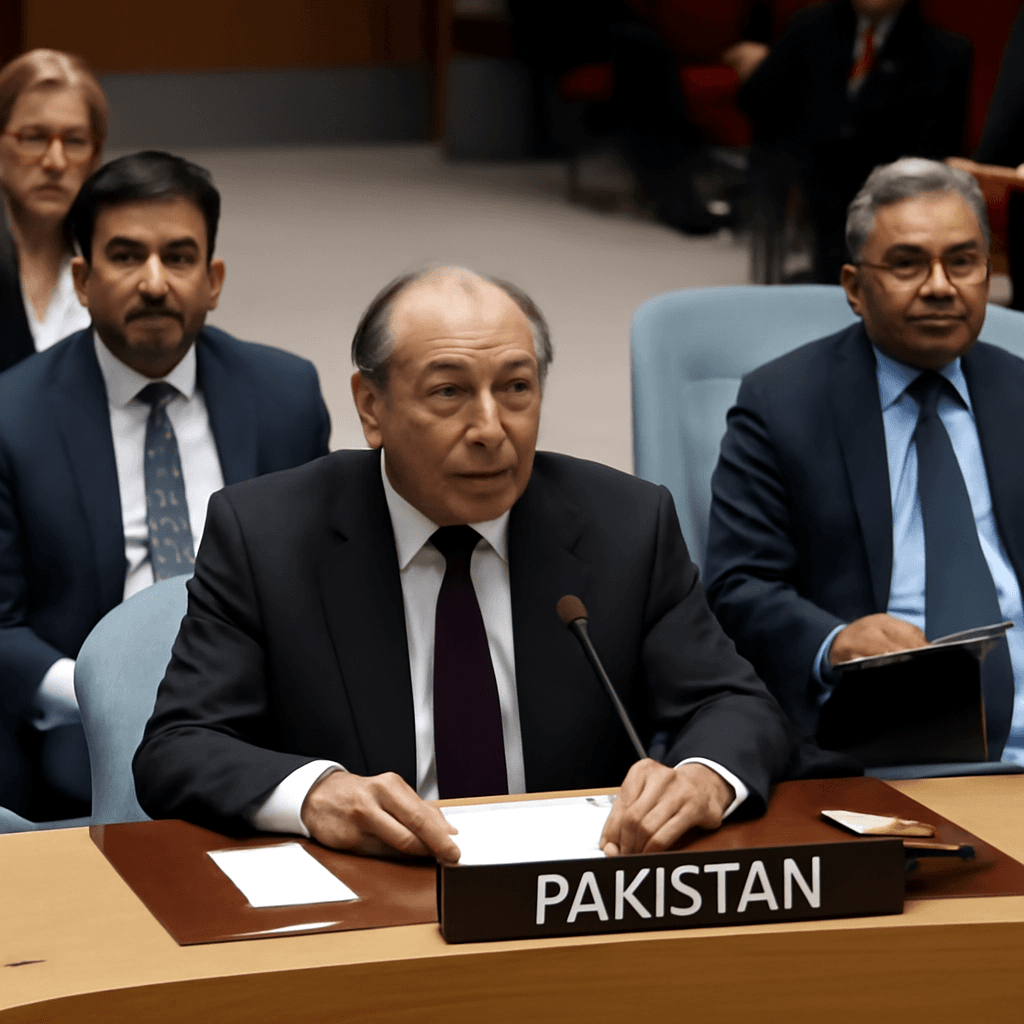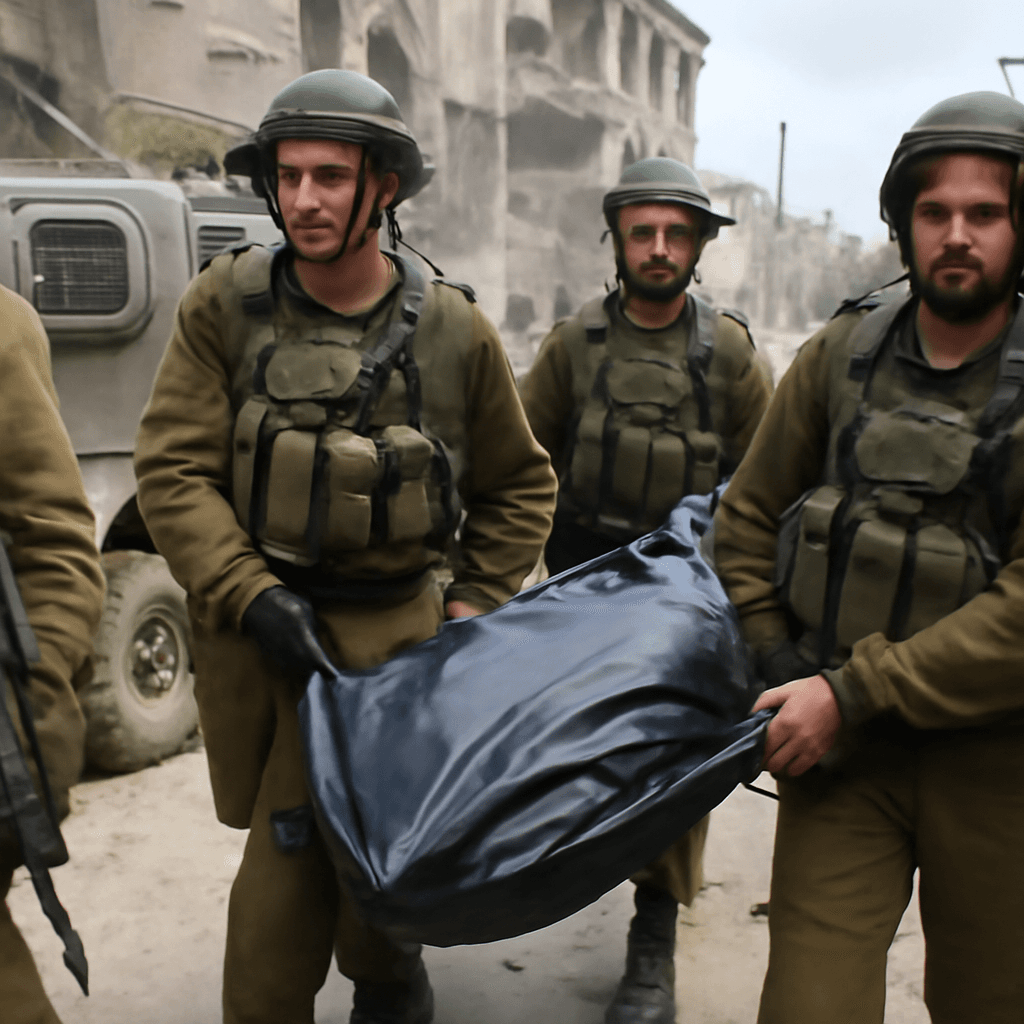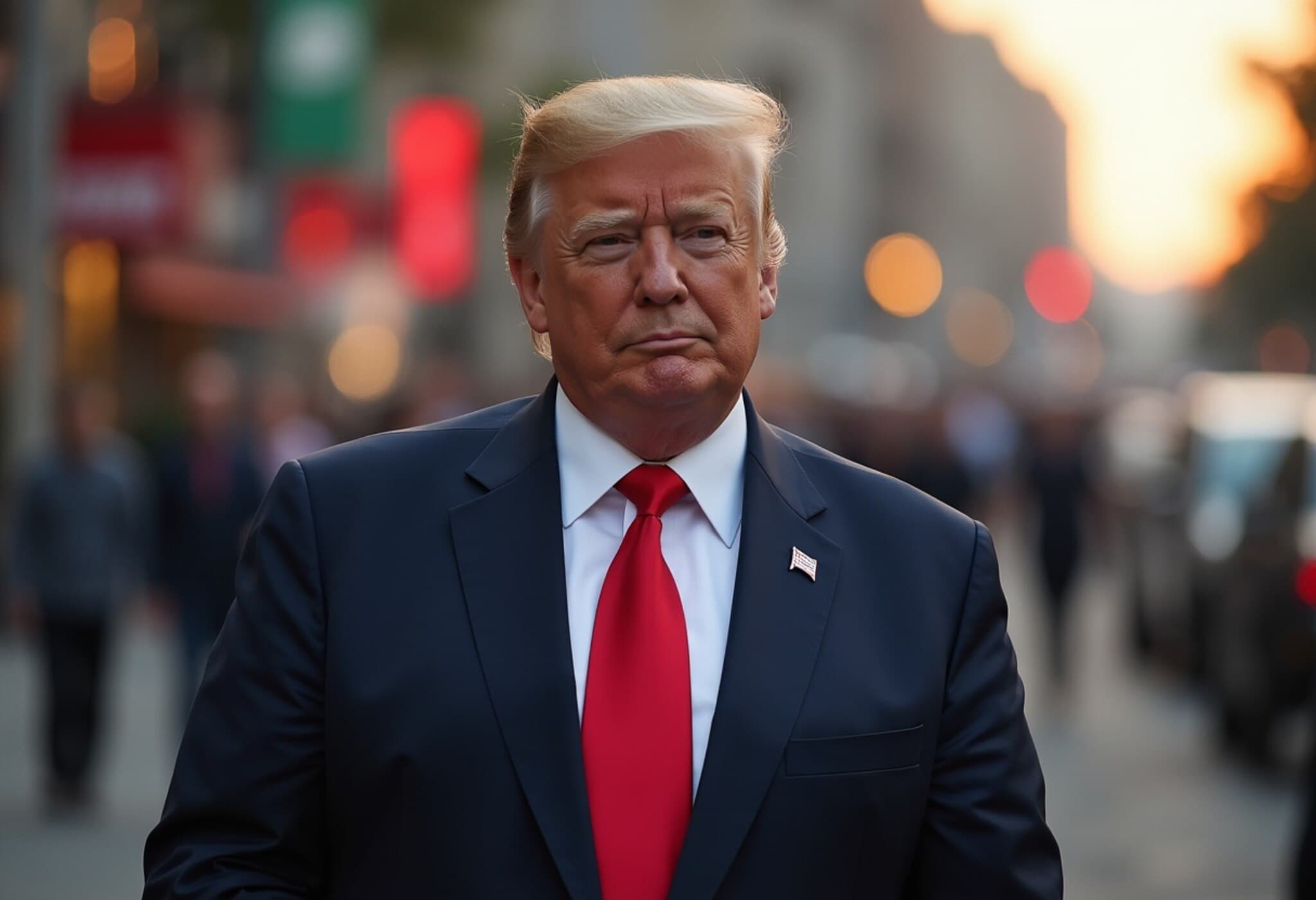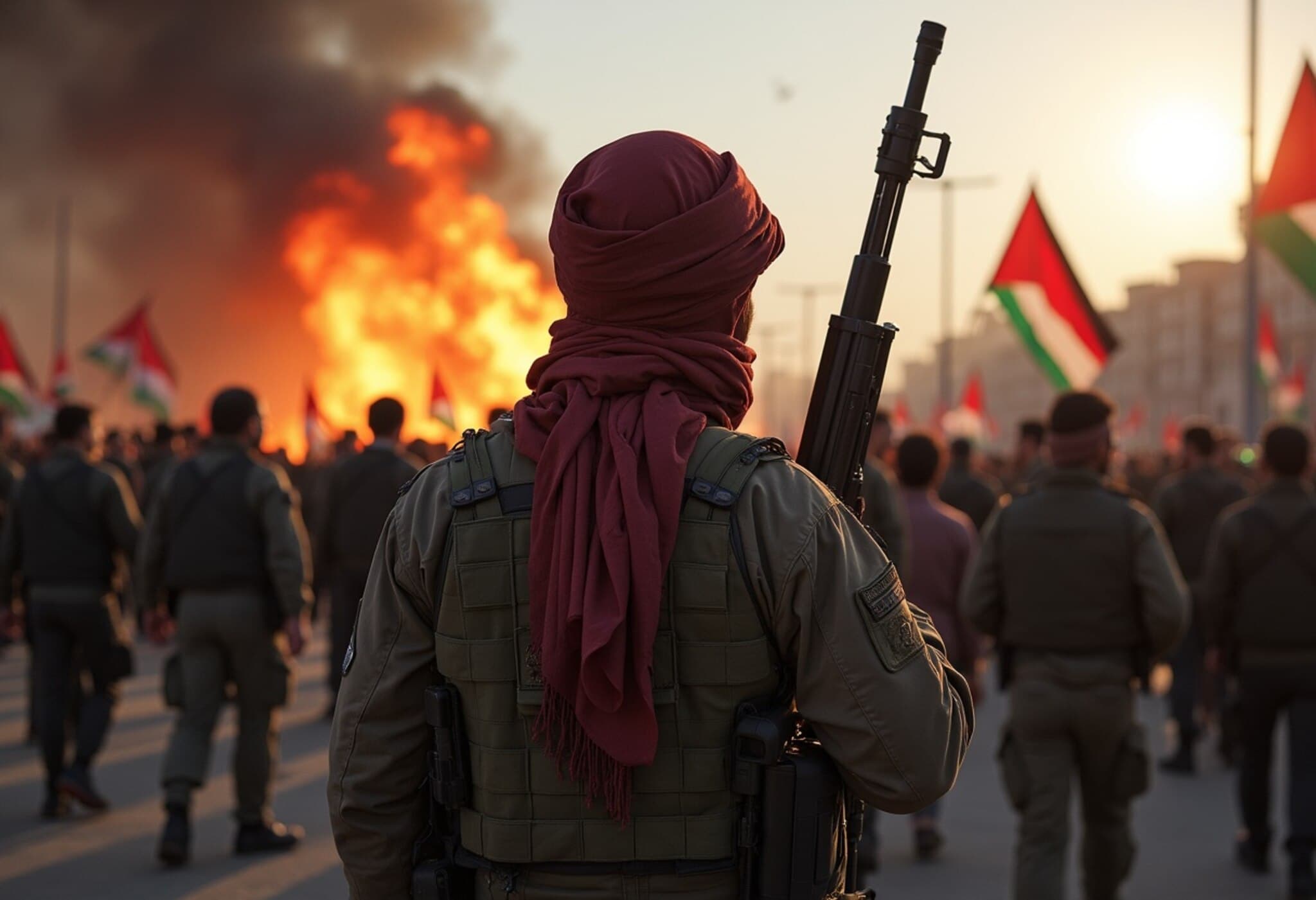US Blocks UN Security Council Resolution on Immediate Gaza Ceasefire
The United States exercised its veto power to reject a United Nations Security Council draft resolution demanding an immediate ceasefire in Gaza and the unconditional lifting of all restrictions on humanitarian aid delivery. The resolution, proposed by the 10 elected members of the Security Council, garnered support from 14 of the 15 council members, with the US as the sole dissenting vote.
Key Provisions of the Draft Resolution
- Called for an immediate and unconditional ceasefire in Gaza.
- Demanded the release of all hostages held by Hamas and other groups without conditions.
- Urgently required the lifting of all restrictions hindering the entry and distribution of humanitarian aid within Gaza.
International Reactions and Criticism
The US veto received widespread criticism from several Security Council members, highlighting concerns over the ongoing humanitarian crisis and the impact of the veto on peace efforts.
China's Response: China's UN ambassador expressed deep disappointment, emphasizing that the draft resolution echoed the urgent needs of Gaza's population and reflected the global community's consensus. The ambassador asserted that the US veto obstructed hope for over 2 million people in Gaza and called on the US to reconsider its stance and fulfill its responsibilities as a permanent Security Council member.
United Kingdom's Position: The British ambassador to the UN affirmed the UK's support for the resolution, condemning Israel's expanded military actions and severe restrictions on aid as unjustifiable and counterproductive. The ambassador highlighted the fatal consequences Palestinians face attempting to access limited aid sites and called for independent investigations into these incidents, urging Israel to cease restrictions and allow unhindered humanitarian operations.
Other Member States' Views: Algeria's ambassador described the draft resolution as the collective global will, sending a message of solidarity to Palestinians and accountability to Israel. Pakistan's UN ambassador expressed deep regret over the resolution's failure, viewing the US veto as a detrimental political choice that undermines international peace and security and perpetuates the suffering of Gaza’s population.
Humanitarian Impact and Global Implications
Critics underscored that the failure to implement the ceasefire and deliver humanitarian aid amid ongoing conflict is leading to devastating consequences for Gaza's civilians. Over 2 million people remain trapped under siege, facing severe shortages of essential supplies and relentless bombardment. The Security Council’s inability to act effectively due to vetoes challenges the effectiveness of multilateral diplomacy and raises urgent questions about the future of international conflict resolution.
The veto has been characterized as a pivotal moment that not only obstructs the progress toward peace but also leaves a lasting moral and political impact on the global community's efforts to address the crisis.


